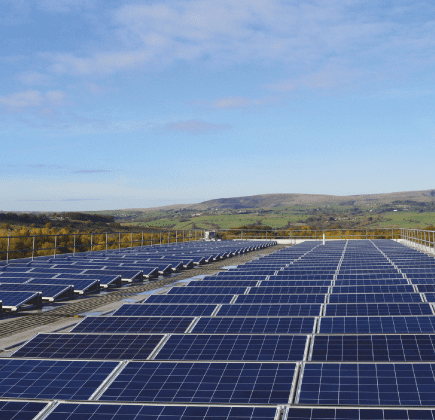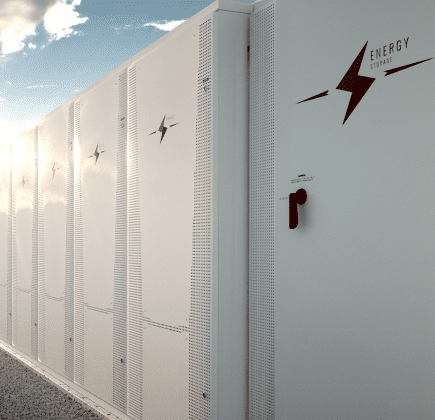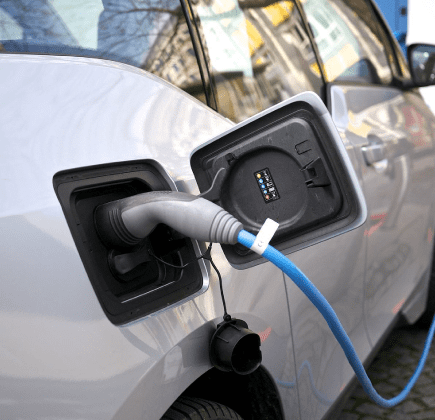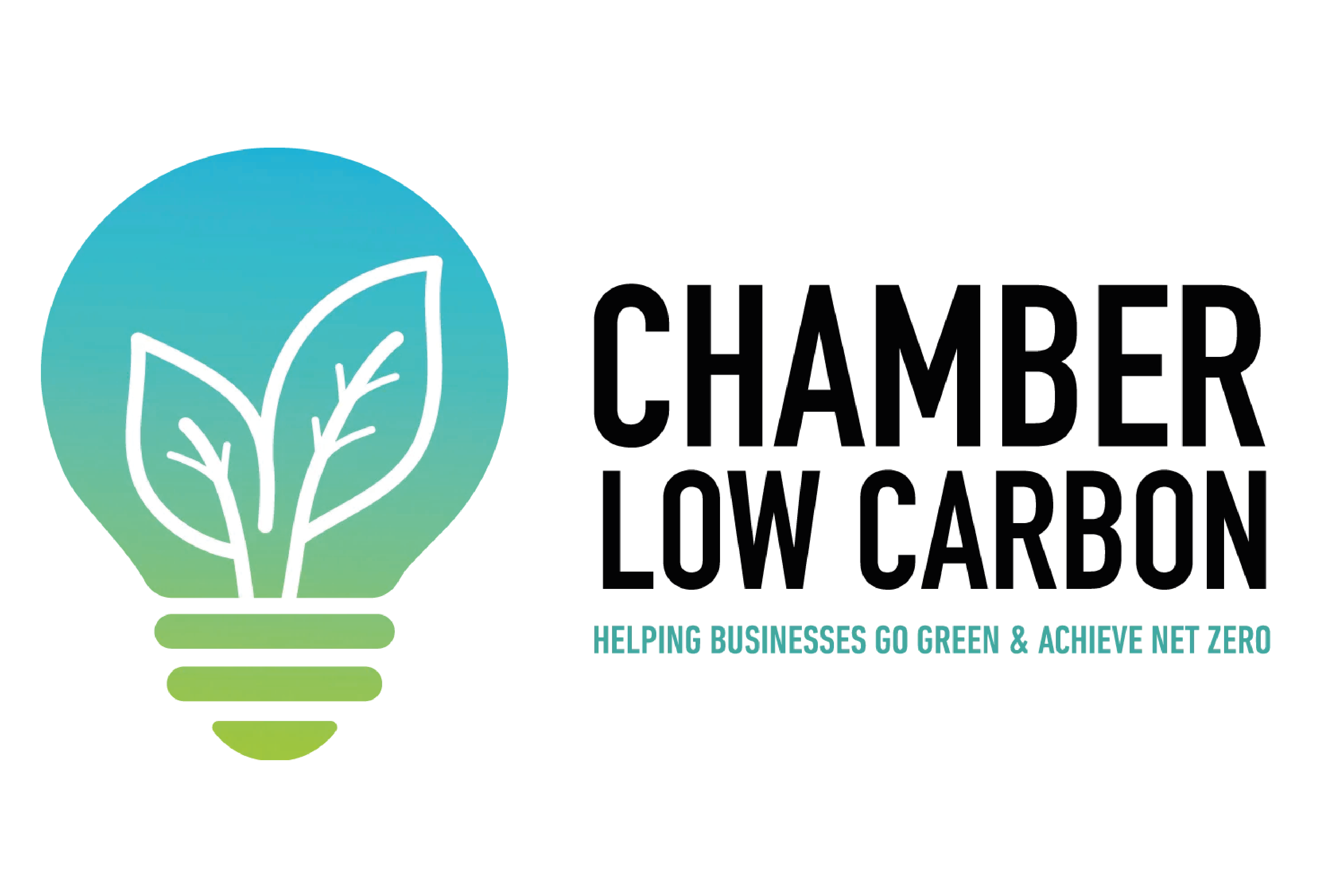
What are the key points from the UK’s new energy strategy?
Energy bills have become a near-constant source of worry for millions of households and businesses across the UK, so it’s no surprise that the government’s new energy strategy faced an exceptional level of anticipation this year. Released at the start of April, the new strategy has now set out the government’s forthcoming plans for the UK’s entire energy mix, encompassing onshore wind, nuclear, commercial solar, and fossil fuels alike. It’s specifically geared towards improving the UK’s energy security and independence, especially in the light of the war in Ukraine, and skyrocketing energy prices across the country.
Now, as you’d expect, the entire strategy can make for some pretty dense reading, so here at Low Carbon Energy, our experts have broken down the key takeaways for you.
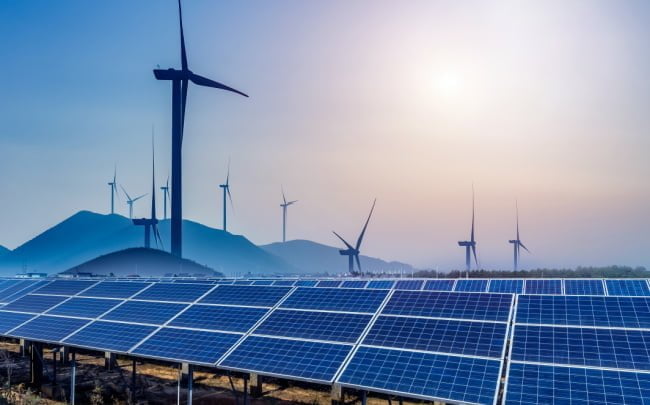
Energy policy rarely grabs headlines outside of industry circles, but 2025 is proving to be an exception. With energy bills still causing significant concern and pressure mounting on businesses to meet sustainability targets, this year’s strategy review has drawn intense interest.
In April 2022, the UK government released its exhaustive energy strategy. The document outlines how the country plans to reduce dependence on fossil fuels and accelerate investment in renewables, infrastructure, and low-carbon technologies.
For businesses, especially commercial property owners considering solar power, the plan includes a range of new policies, targets, and support mechanisms that could reshape how energy is generated, priced, and regulated.
In this article, we break down the key elements of the 2022 energy strategy that directly impact commercial decision-makers, and why it’s still relevant.
The plan with fossil fuels
Fossil fuels are obviously the big sticking point in the UK’s existing energy mix, and there’s been a lot of noise about trying to break the country’s addiction to coal. Now, while there have been a few recent pieces of encouraging news about decarbonisation, we’re still using a lot more fossil fuels than we should be. So what is the government doing about it?
Oil and gas
The government has openly said that it doesn’t want to encourage the UK to burn more gas per se – instead, the focus is on producing more of it domestically. To that end, there will be a new licensing round this summer for new oil and gas projects in the North Sea. Ministers also plan to set up a new taskforce to oversee new developments. As you’d expect, that doesn’t sit particularly well with some climate activists.
Even more controversially, the government has made clear that it’s potentially open to restarting the process of fracking – extracting shale gas from the ground – but only if certain health and safety conditions are met. The practice has been banned since 2019, having been fiercely opposed due to the earth tremors it can cause, as well as the amount of water it requires. (Transporting this water to each site incurs significant environmental cost.)
Kwasi Kwarteng, the business secretary, has said that the ban will remain in place unless it can be scientifically proven to cause “minimal disturbance” to local people living around the fracking sites. A new scientific study has been commissioned to investigate the possible ramifications, but many observers think that it’s unlikely to reveal much that we didn’t know already.
What’s happening with renewables?
Here at Low Carbon Energy, we’ve already spoken in detail about how renewable energy is the only way out of the current energy crisis, so like many others, we were particularly curious to see what the government had in store for two key sources of renewable energy in the UK – wind and solar.
Wind
The government has set itself the target of generating 50GW of energy by 2030. It’s hoping for about a tenth of this to come from turbines on floating structures, which can be placed further out to sea. Ministers are also planning an overhaul of the planning rules, speeding up the approvals process for new projects (down from four years to one), and enabling certain priority projects to be fast-tracked.
There are also plans to appoint a central figure to oversee new projects, in much the same vein as Dame Kate Bingham, who chaired the UK government’s Vaccine Taskforce in 2020, responsible for procuring vaccines and deploying them across the country.
Notably, the government hasn’t set itself any new targets for onshore wind farms (i.e. those actually on British soil), and as of the time of writing, it’s not planning to make any changes to the 2015 laws which set limitations on the locations for onshore sites. However, ministers do plan to hold discussions with a number of supportive communities about potentially hosting certain wind farms, in exchange for guaranteed discounts on their energy bills – so we’ll see how those discussions pan out!

Solar
The UK’s current solar capacity is reasonably impressive, standing at about 14GW nationally – but ministers hope to quintuple that capacity by 2035. There’s a growing appetite for solar across Britain amongst everyone from SMEs to large corporation, all the way up to individual consumers, as evidenced by the rising reliance on ESG methodology. But the government isn’t going to meet its targets with commercial solar alone, so it’s currently looking at reviewing English planning laws to promote the development of new solar farms on non-public land.
It also plan to hold a consultation to investigate how to make it easier to install solar panels on rooftops, including public buildings. If the UK successfully realises its ambitions, this approach could ultimately end up helping to power hundreds of thousands of homes.
Looking ahead to developing technologies
Can we build our way out of the current climate crisis? It’s been a fairly consistent question that industry experts have been asking for a number of years now, and it’s still a matter of some debate. But whether or not we’ll be able to to invent some miraculous new technologies to solve the climate crisis in future years, there’s certainly some encouraging potential in certain power sources still currently in development; nuclear and hydrogen being first and foremost amongst them.
Nuclear power
The latest energy strategy lays out the government’s ambition to deliver up to 8 new nuclear reactors before 2030. Right now, about 13 are in various stages of development in several different regions throughout the country. (The two main obstacles are funding and new site approval.)
The UK has 15 reactors in active operation, providing 20% of our total energy demand. However, most of them are scheduled to cease operating by the end of the decade, which is a big part of why the government is so keen to get newer facilities up and running to replace them.
If everything goes according to plan, nuclear energy will supply 24 gigawatts of electricity by the middle of the century, which equates to about 25% of the UK’s likely energy demand. The strategy also mentions the intention to create a new government body called Great British Nuclear, which will be charged with overseeing the ongoing operations of these new facilities.
Hydrogen
Hydrogen also makes up a key prong of the government’s energy strategy, albeit to a slightly lesser extent than some of the other subsectors. Specifically, the government wants hydrogen production to contribute 10GW by 2030. The idea is that at least half of this will come from electrolytic hydrogen, which relies on electricity to split water into hydrogen and oxygen.
If these visions are fully realised, this could end up being significantly more environmentally friendly than the current widespread method of production; which involves using natural gas to cause a chemical reaction with steam. As we’ve covered, it’s very much still a developing technology, but it certainly looks promising. Of course though, it comes with a caveat, as ministers make it clear that the only way they’ll pursue it is if it can prove that it guarantees affordability and value for money.
So that’s all the basics covered! You can read the entire strategy here. Alternatively, if you’re ready to start harnessing the power of renewable energy for your own business, you’re in exactly the right place. Here at Low Carbon Energy, our experts have over 30 years of combined experience, having helped SMEs and large corporations across a wide variety of sectors transform their business’ energy supply.
Each of our installations is bespoke, and we tailor your solution on your specific energy profile, helping us to maximise carbon reductions and save you up to thousands of pounds in energy bills. Feel free to look at our case studies for just a few examples of businesses which have reaped huge rewards from solar, such as Boeing and Irish Water. To find out how we can help you, feel free to give us a call today on 01282 421 489!
 Energy Technology
Energy Technology

Powering your present. Preserving your future.
Call us on 01282 421 489

strategy be a priority?
